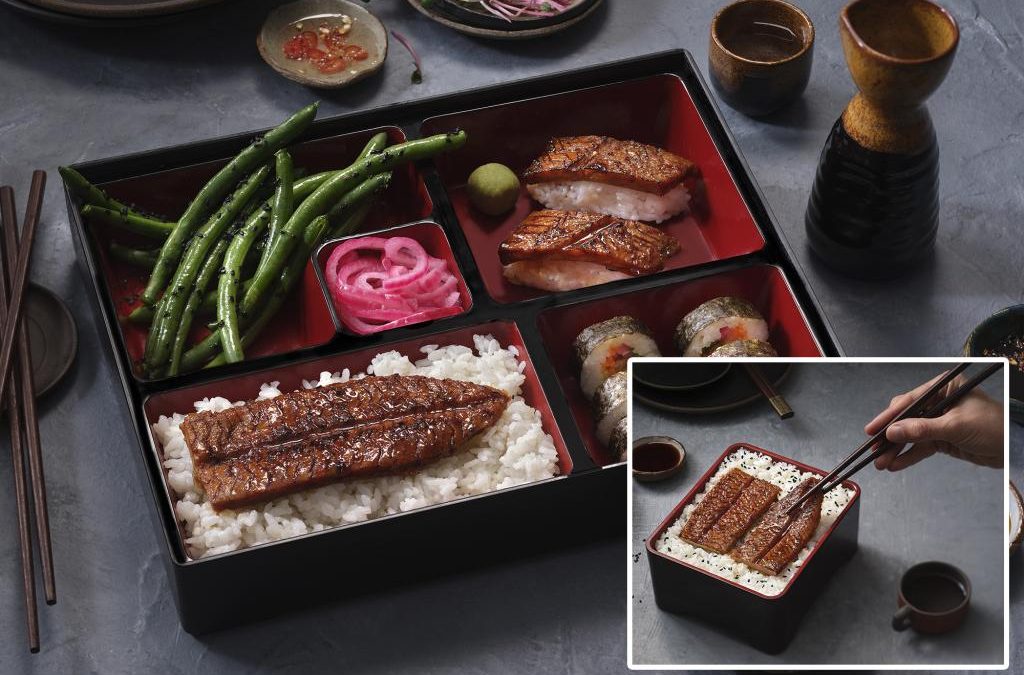They’re on a roll.
Israeli seafood startup Forsea Foods has unveiled a prototype of cell-cultivated freshwater eel — a first of its kind — with plans to introduce it commercially as early as next year.
The company believes that sourcing eel from a lab could prevent the wild eel population from becoming extinct.
Eel, also called unagi in Japanese cuisine, is a popular dish around the world, particularly in Asia and Europe. It’s also very pricey.
“This fish is being sold at prices close to $70. Its population has declined by 90% to 95% in the last 30 years, leading to a fivefold decline in its consumption over the previous 20 years. As such, today, the huge eel market need cannot be fulfilled,” Forsea CEO and co-founder Roee Nir explained to Brighter Future in 2022.
The problem is expected to worsen: The global demand for seafood is estimated to double by 2050, according to AgFunder News.
“Forsea is pioneering the fusion of traditional, high-quality Asian cuisine with groundbreaking technology to create the world’s first cultured unagi — one that will provide the consumer with a genuine seafood experience without putting further strain on aquatic life,” Nir said in a statement last week.
Forsea relies on embryonic cells from freshwater eel, the Guardian reported. The company boasts that it has “created an ideal environment for fish cells to spontaneously form their natural composition of native fat and muscle. They grow as a three-dimensional tissue structure, just as in nature.”
Forsea partnered with chef Katsumi Kusumoto to develop two traditional Japanese dishes — unagi kabayaki (marinated grilled eel over rice) and unagi nigiri (barbecue eel sushi).
“Unagi is an enduring favorite in Japan, its timeless appeal, however, is impacted by a growing awareness among the Japanese population of the need to take a more sustainable approach,” Kusumoto noted.
“It’s been a thrilling journey to join forces with emerging innovators, and working together to deliver the traditional unagi indulgence with a clear eco-conscience,” he added.

This isn’t the first time a company has grown fish or a fish substitute in a lab.
Vienna food tech startup Revo Foods introduced a vegan 3D-printed salmon filet in Austrian supermarkets last year.
Source




